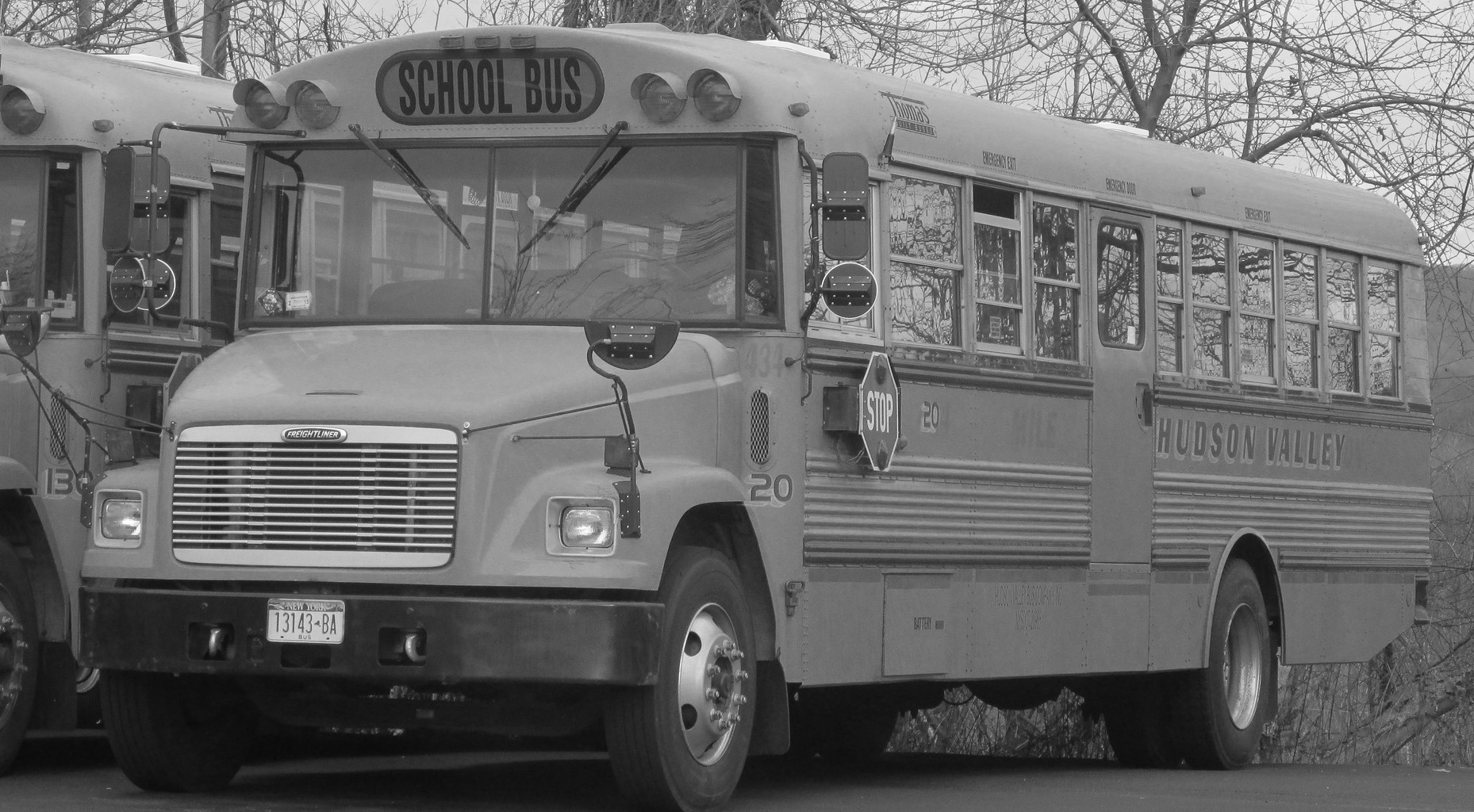Matching theory, which examines what happens when one or more types of searchers interact, has proven to be a powerful tool for increasing the efficiency of markets where mutual consent is required. The process of matching employers with job seekers, pairing suitable romantic partners, and even finding compatible kidney donors and recipients has been enhanced through the application of this theory. Today, school admissions processes are being redesigned using matching theory, but the outcome of this innovation has received less analysis.
education
Marital choices and widening economic inequality
While much attention has been paid to the education premium on the labor market, little study has been devoted to the marriage market. Looking back at four decades of US marriages, this research finds that more highly educated people are more likely to marry and that their spouses tend to be of similar academic achievement. Additionally, more educated couples invest greater time in developing their children’s potential. Meanwhile, children from less educated households enjoy fewer resources and are less likely to marry highly educated spouses, the upshot of which could be less social mobility and wider economic inequality.
Charter schools do more than teach to the test: evidence from Boston
Students who attend charter schools tend to outperform students enrolled in traditional schools on state-mandated measures of student achievement. But critics claim this is because charter schools “teach to the test,” something they have an incentive to do since charter schools can be closed if their students do poorly on the state tests. This research uses a “natural experiment” in Boston schools to examine whether charter school students do better than traditional students on other measures of achievement that are correlated with long-term success. We find that the gains on state tests carry over to these additional measures, an indication that charter schools add value that extends beyond improved scores on state tests.
The causes and consequences of US workers’ diverging locations by skill
The increase in spatial sorting of college and non-college workers into very different cities calls into question whether the large increases in wage inequality over the past three decades truly represents a similar increase in inequality in economic well-being. Since college graduates are paying much higher housing costs than lower skill workers, it is possible […]









